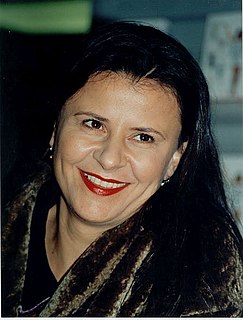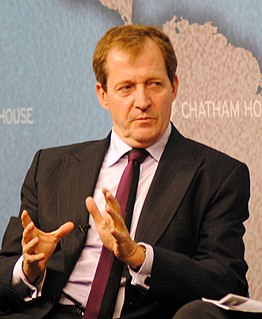A Quote by Chris Pavone
Sometimes, I had very little - if any - idea for whom I was really working: at the end of the day, who reaped the profits? Was it a privately controlled German foundation or a global array of stockholders? A middle-class guy on the Upper West Side or Rupert Murdoch? Were we pursuing mere profit, or self-perpetuation, or something bigger?
Related Quotes
Paul Keating told us before we were elected that you can do deals with [Rupert] Murdoch without saying you were doing a deal. Did we do that kind of thing? Maybe. But from around about the turn of the century, I felt strongly that we had to do something about media ownership and self-regulation. Tony [Blair] disagreed.
If you were a successful upper-middle-class Negro girl in the 1950s and '60s, you were, in practice and imagination, a white Protestant upper middle-class girl. Young, good-looking white women were the most desirable creatures in the world. It was hard not to want to imitate them; it was highly toxic, too, as we would learn.






































